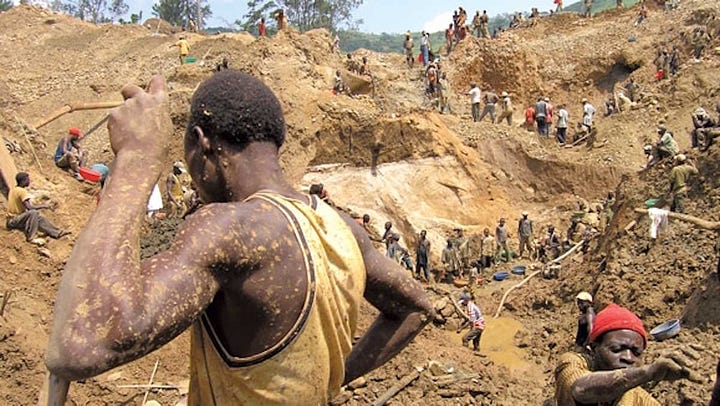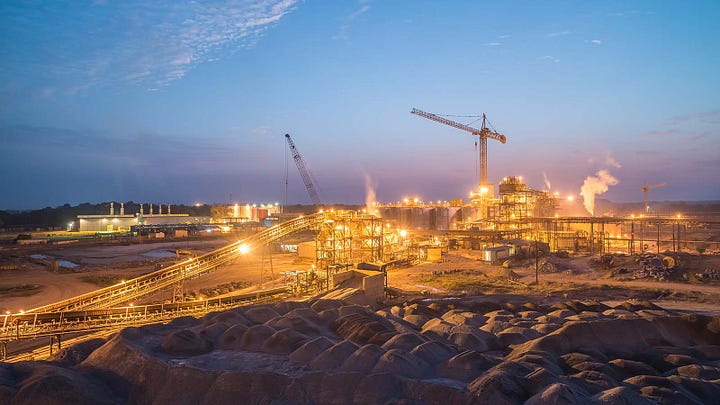Blood Money: Barrick Gold’s Human Rights Abuses
Baluchistan in the Crosshairs


The story of Barrick Gold Corporation is written in the suffering of communities across three continents. From the razed homes of Congolese families to the brutalized bodies of Papua New Guinean wome…





